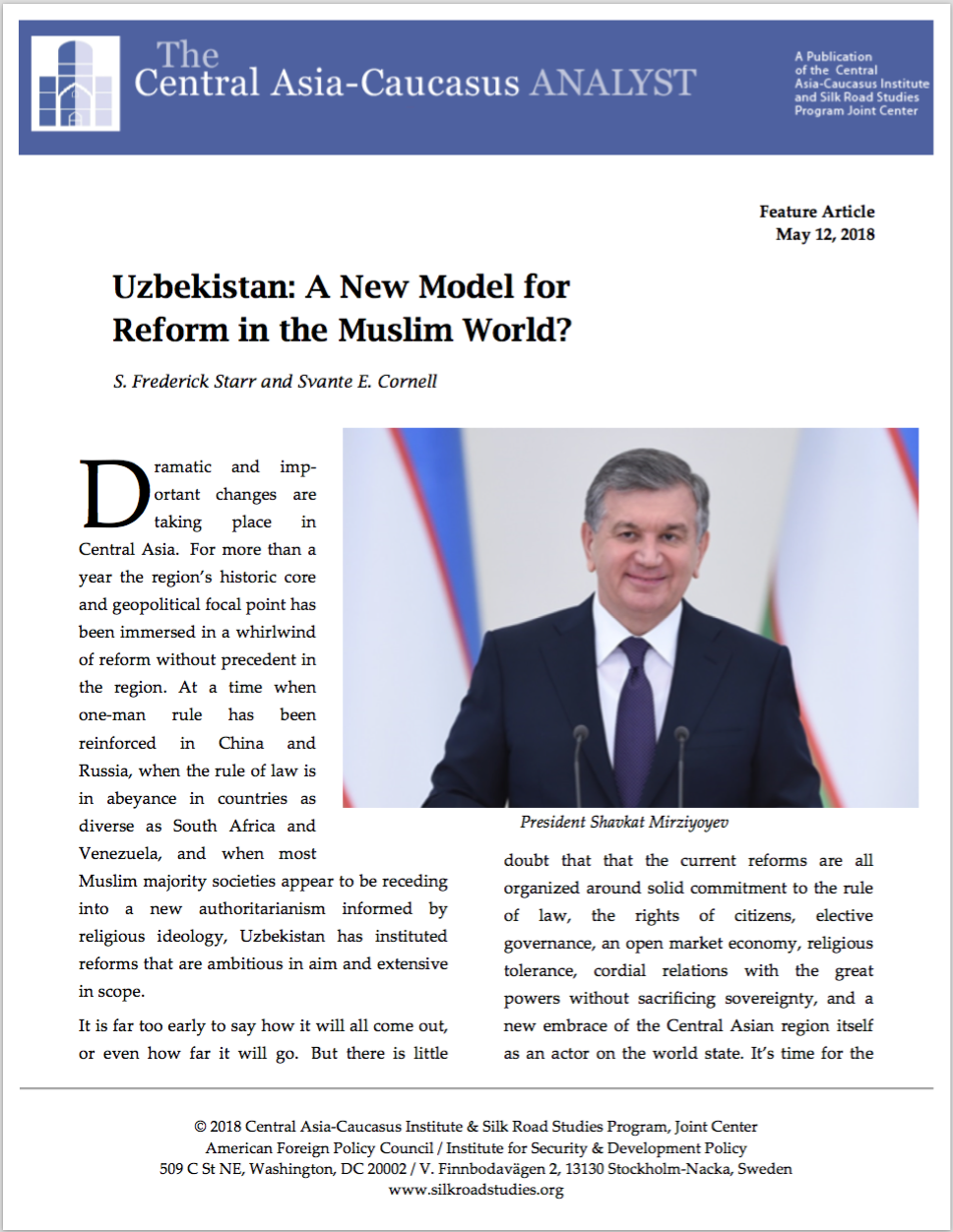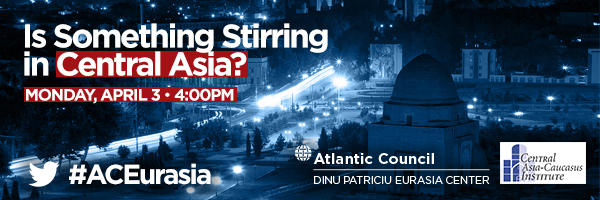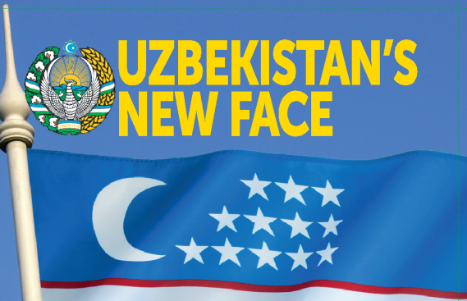Uzbekistan's New Face
Uzbekistan: A New Model for Reform in the Muslim World
By S. Frederick Starr and Svante E. Cornell
Central Asia-Caucasus Analyst
May 12, 2018
 Dramatic and important changes are taking place in Central Asia. For more than a year the region’s historic core and geopolitical focal point has been immersed in a whirlwind of reform without precedent in the region. At a time when one-man rule has been reinforced in China and Russia, when the rule of law is in abeyance in countries as diverse as South Africa and Venezuela, and when most Muslim majority societies appear to be receding into a new authoritarianism informed by religious ideology, Uzbekistan has instituted reforms that are ambitious in aim and extensive in scope.
Dramatic and important changes are taking place in Central Asia. For more than a year the region’s historic core and geopolitical focal point has been immersed in a whirlwind of reform without precedent in the region. At a time when one-man rule has been reinforced in China and Russia, when the rule of law is in abeyance in countries as diverse as South Africa and Venezuela, and when most Muslim majority societies appear to be receding into a new authoritarianism informed by religious ideology, Uzbekistan has instituted reforms that are ambitious in aim and extensive in scope.
It is far too early to say how it will all come out, or even how far it will go. But there is little doubt that that the current reforms are all organized around solid commitment to the rule of law, the rights of citizens, elective governance, an open market economy, religious tolerance, cordial relations with the great powers without sacrificing sovereignty, and a new embrace of the Central Asian region itself as an actor on the world state. It’s time for the world to take stock of this startling development.
Is Something Stirring in Central Asia?

Is Something Stirring in Central Asia?
Co-Hosted by the Atlantic Council and Central Asia-Caucasus Institute
Monday, April 3, 2017
4:00 p.m.
Since the death of Uzekistan’s President Islam Karimov in September of 2016, the stability that characterized key developments and overall dynamics in Uzbekistan as well as in the Central Asia region as a whole, has been undergoing a noticeable shift. Initiatives of the newly installed President Mirziyoyev in Uzbekistan and proposals regarding reforms by President Nazarbayev of Kazakhstan suggest that something may be stirring in Central Asia. This first joint forum of the Central Asia-Caucasus Institute and the Atlantic Council will present these developments, ask if they represent a real shift, and consider the implications of such changes for the Central Asia region as a whole and for its place in the world.
Speakers:
Ambassador John Herbst
Director, Dinu Patriciu Eurasia Center
Atlantic Council
Ambassador Richard Hoagland
Interim Co-chair
OSCE Minsk Group
Mr. Daniel Rosenblum
Deputy Assistant Secretary for Central Asia,
Bureau of South and Central Asian Affairs
US Department of State
Dr. Martha Olcott
Visiting Professor
Michigan State University
Moderated By:
Dr. S. Frederick Starr
Chairman, Central Asia-Caucasus Institute
American Foreign Policy Council
CLICK HERE TO WATCH THE WEBCAST
12th Floor (West Tower Elevators)
1030 15th Street NW
Washington, DC


